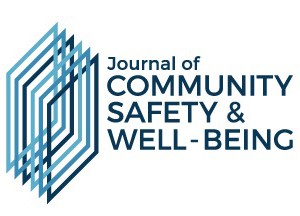



There is an increasing awareness of the tragic consequences of post-traumatic stress disorder (PTSD) among first responders in Canada. There is also an increasing awareness of the lack of understanding about the economic and social costs of PTSD in Canada. This article aims to briefly review the current evidence on the prevalence rates of PTSD, the economic costs associated with PTSD, and the costs and efficacy of various treatment strategies, to provide a framework for future research on the economic analysis of PTSD. Estimates suggest that as many as 2.5 million adult Canadians and 70,000 Canadian first responders have suffered from PTSD in their lifetimes. While we could not find any evidence on the economic cost of PTSD specifically, a recent estimate suggests that mental illness in the Canadian labour force results in productivity losses of $21 billion each year. Research from Australia suggests that expanded mental health care may improve the benefits of treatment over traditional care, and more cost-effectively. Given the methodological challenges in the existing studies and the paucity of evidence on Canada, more Canadian studies on prevalence, on the economic and social costs of PTSD, and on the costs and effectiveness of various treatment options are encouraged.


|
PLEASE MAKE SURE YOU UPDATE YOUR BROWSER TO THE LATEST VERSION FOR BETTER USER EXPERIENCE |

